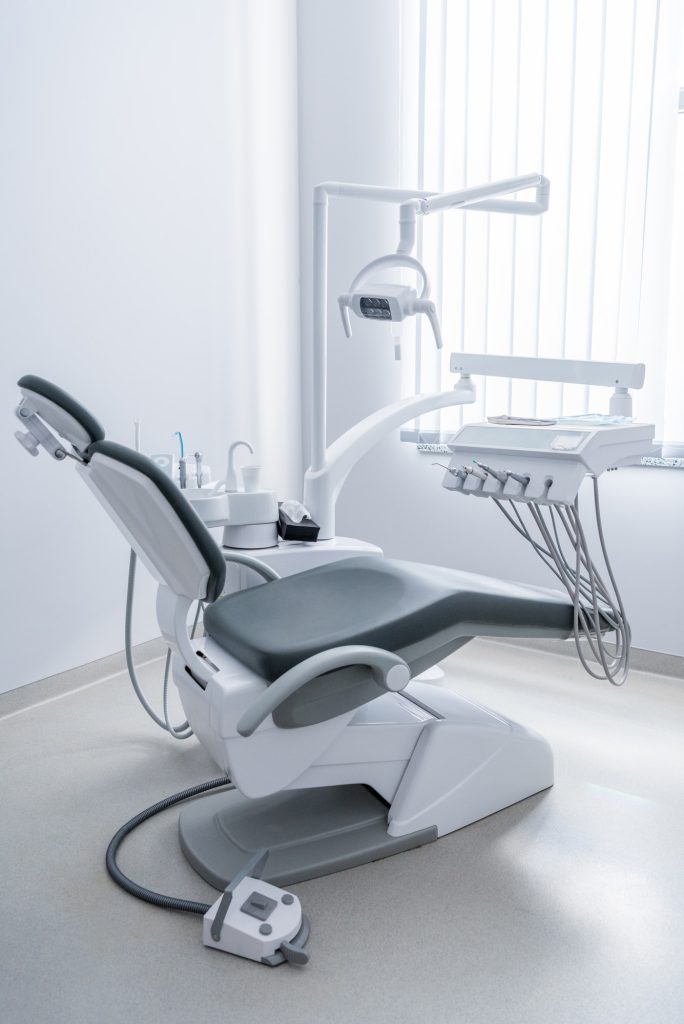Many people delay visiting the dentist until problems become severe, but early intervention often means simpler, less invasive treatment. Oral health problems don’t usually resolve on their own – in fact, most worsen without professional care. Recognising the signs that indicate you should see a dentist can help protect your teeth, gums, and overall health.
Below are 10 of the most common warning signs, along with practical advice on what to do if you notice them.
1. Persistent Toothache
A toothache that lasts more than a day or two should not be ignored. It may be caused by tooth decay, an infection in the pulp, or even gum disease. While over-the-counter pain relief can provide temporary comfort, only a dentist can determine the cause and recommend appropriate treatment such as a filling, root canal therapy, or extraction if necessary.
2. Bleeding or Swollen Gums
Healthy gums don’t usually bleed when you brush or floss. If they do, it could be a sign of gingivitis – the earliest stage of gum disease. Untreated gingivitis can progress to periodontitis, which may result in tooth loss. Scheduling regulardental check-ups and cleans helps keep gums healthy and ensures any issues are detected early.
3. Increased Tooth Sensitivity
Do hot drinks, cold ice cream, or even sweet foods trigger a sharp, sudden pain in your teeth? Sensitivity is often linked to worn enamel, gum recession, cavities, or tiny cracks in teeth. Treatments vary depending on the cause – from fluoride applications to fillings or gum treatment – but leaving sensitivity unchecked can lead to worsening decay or discomfort.
4. Cracked, Chipped, or Broken Teeth
Even minor chips or cracks can expose the inner layers of the tooth to bacteria, increasing the risk of infection. Damage may occur from trauma, biting something hard, or grinding. Depending on the severity, a dentist may recommend bonding, veneers, or crowns to restore both function and appearance.
5. Persistent Bad Breath
Occasional bad breath is normal, but if it continues despite good oral hygiene, it may be a sign of an underlying issue. Chronic bad breath, also called halitosis, is often linked to gum disease, tooth decay, or infections. Your dentist can identify the root cause and provide treatment to improve both your oral health and your confidence.
6. Loose or Shifting Teeth
Adult teeth should not feel loose. If you notice movement, gaps forming, or changes in how your bite feels, it may be due to advanced gum disease or bone loss around the teeth. These conditions require prompt dental attention to prevent further deterioration.
7. Jaw Pain or Difficulty Chewing
Jaw discomfort or clicking may indicate teeth grinding, misaligned teeth, or problems with the temporomandibular joint (TMJ). Left untreated, these issues can cause headaches, worn teeth, or difficulty chewing. A dentist can assess your jaw and bite, and recommend treatments such as a custom mouthguard or orthodontic solutions.
8. Mouth Sores That Don’t Heal
It’s normal to occasionally get ulcers or small sores in the mouth, but any sore that doesn’t heal within two weeks should be checked. Persistent sores may point to infection, irritation, or in rare cases, oral cancer. Early diagnosis ensures better outcomes.
9. Abscess or Swelling Around a Tooth
A dental abscess is a pocket of pus caused by infection. Symptoms may include swelling, severe pain, fever, or a bad taste in the mouth. This is a serious condition that requires immediate treatment – often a root canal or extraction – to prevent the infection from spreading. If you notice swelling in your face or jaw, contact a dentist as soon as possible.
10. Changes in Tooth Colour or Appearance
Dark spots, staining, or changes in how a tooth looks may be early signs of decay or other problems. While whitening can address cosmetic stains, only a dentist can confirm whether discolouration is harmless or a sign of something more concerning.
Risk Factors That Increase the Need for Dental Visits
Some people are at higher risk of dental problems and should be especially attentive to any changes. Risk factors include:
- Medical conditions such as diabetes, which affect gum health
- Smoking or frequent alcohol consumption
- Dry mouth caused by medications or health conditions
- A family history of gum disease
- Regular teeth grinding or clenching
If you have one or more of these risk factors, regular visits to your dentist are even more important.
FAQs About Seeing a Dentist
How often should I see a dentist?
Most adults benefit from a dental check-up every 6 months, but your dentist may recommend a different schedule based on your needs.
What if my pain goes away on its own?
Even if pain subsides, the underlying cause may still be present. It’s best to have any issues assessed by a dentist rather than waiting until symptoms return.
Is every problem a dental emergency?
Not all issues are emergencies, but severe pain, facial swelling, or an abscess should be treated as urgent. Contact your dentist immediately if you experience these symptoms.
Don’t Delay Your Dental Health
Ignoring symptoms often leads to more complex treatments down the track. Spotting the early warning signs and visiting your dentist promptly helps maintain your oral health and can prevent serious problems.
If you’ve noticed any of these symptoms, book a visit with your trusted dentist in Rosanna or explore our homepage to learn more about the services offered at Radiant Smiles Dental Bundoora.
Disclaimer:
The information provided in this blog is for general educational purposes only and should not be taken as medical advice. It is not a substitute for professional diagnosis, treatment, or care. Always seek the guidance of your doctor or other qualified healthcare professional with any questions you may have regarding your health or medical condition.








